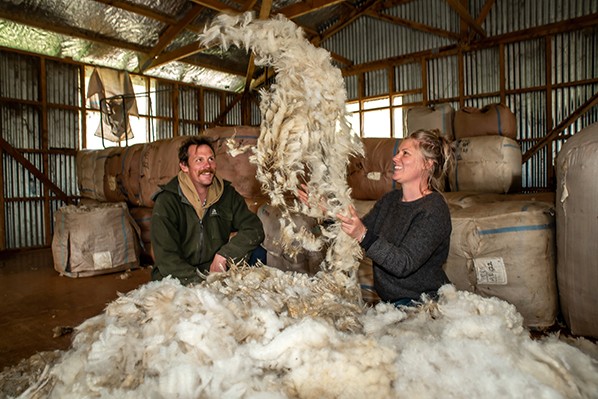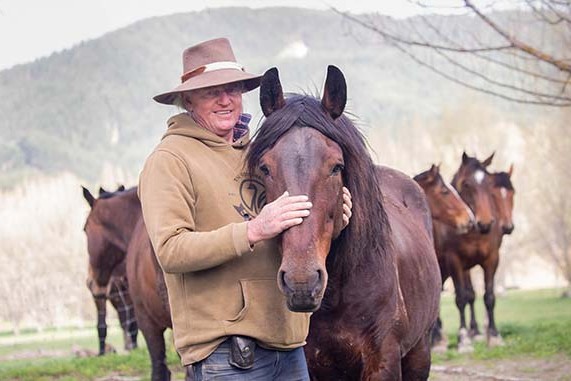Out on a limb
Doctoral student Kathryn Wright is researching the impact of plantation forestry on rural communities. By Annabelle Latz.

The possibility of rural settlements becoming ghost towns becomes very real as traditional land use changes from sheep and cattle to trees.

As a result, small rural communities are dying, and with it so are community groups for childcare, dog trials, sports and a list of places rural people go to socialise.
Kathryn Wright, a counsellor based in Te Anau, says the toll this is taking on people’s mental health could be significant, as options for social interaction off-farm are eliminated.
While undertaking an earlier project researching why some young rural men aged 16-30 tend not to seek help for mental health issues, one of the causes of stress that kept being raised with Kathryn was the increase of forestry and the impact this was having on individuals, groups and communities.
In October Kathryn won the New Zealand Rural Women’s Health and Wellbeing Excellence Award, which ties in well with the PhD topic she has just begun – exploring the importance of community connection in small rural communities, through the University of Otago’s Centre for Sustainability.
“I want to find out what happens to people when there are not these facilities.”
The aim of her doctorate is to empower communities to seek funding to keep these groups running, and access mental health care for those struggling or left behind in communities with fewer traditional social options.
Also the recipient of the 2022 Educational Excellence award through Otago Polytechnic, Kathryn is adamant that getting people on board with her research to tell their story will be an avenue to tell the government that planting farms out in trees is not a good option for the heart of NZ rural life.
Raised in Te Anau and on a deer farm, her father a venison aviation pioneer, she says although her immediate back door has so far been buffered from forestry, she sees its repercussions just down the road.
“In Balclutha there have been at least 22 farms recently sold to forestry. In order to get funding to help people with mental health, I need to find out exactly how and why rural communities are being affected.”
She says the lack of research on this means these communities lack funding avenues like NGOs, lottery grants, or pub charities, to keep their communities buoyant to some degree. It also means there is no case to put forward to the government that forestry is not good for rural New Zealanders and their communities.
She says she would like to see a policy change at government level,.
“There is a gap there that needs to be filled. I have the determination and the drive to do this, because it only takes a small number of farms in a community to disappear, to ruin a community.”
Kathryn has noted the increased tension within farming families caused by forestry, arguments over whether to sell or stay, and for what price.
“But the blame is not on the farmers selling out for massive money, it goes higher than that, it’s an issue at government level.”
Through her research, Kathryn wants to find out if communities are still trying hard to keep groups going, and for those communities that are disappearing, what are people seeing and experiencing on the ground.
“Communities are breaking down already, they need the tools sooner rather than later to defend themselves against this.”




